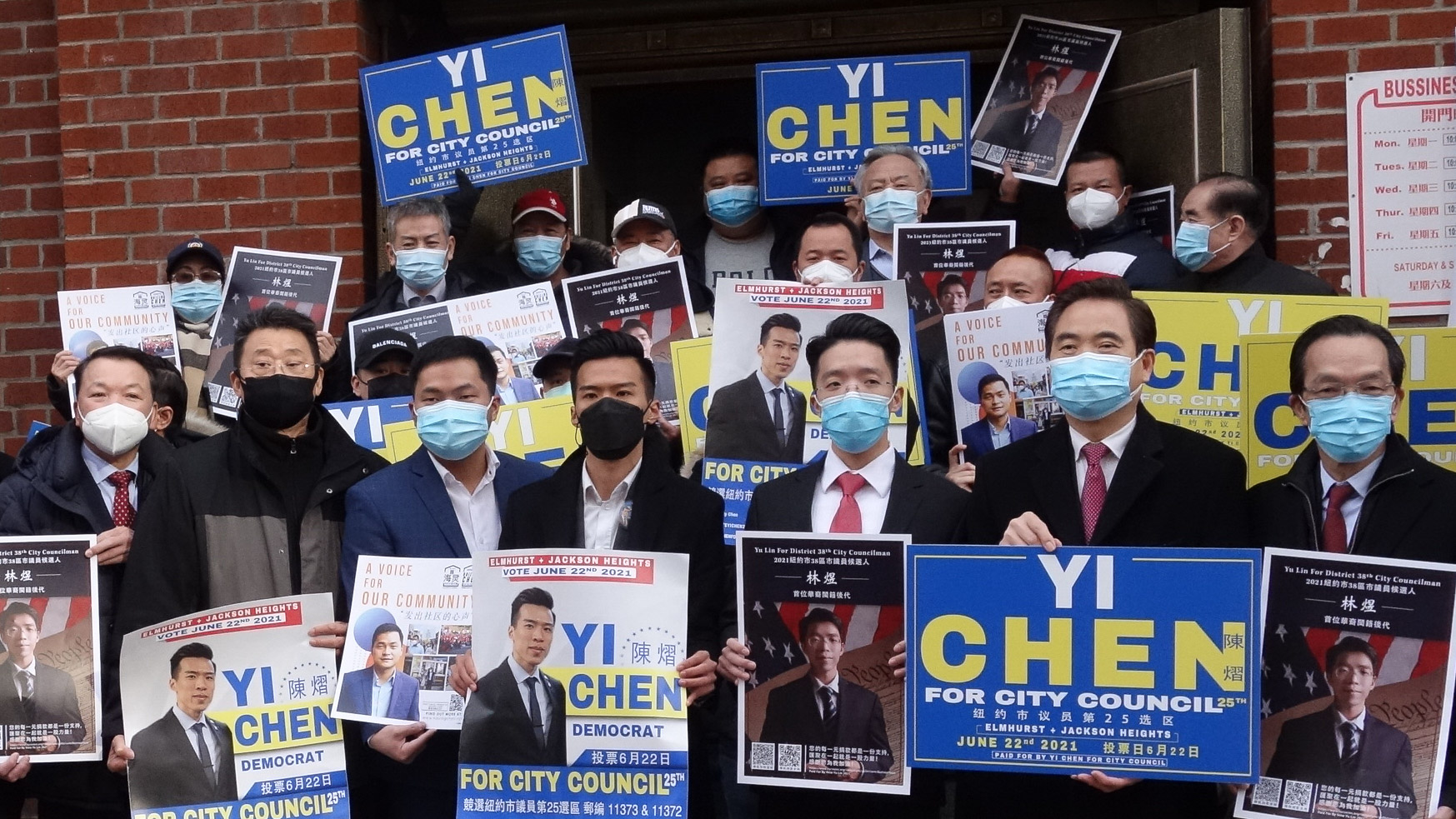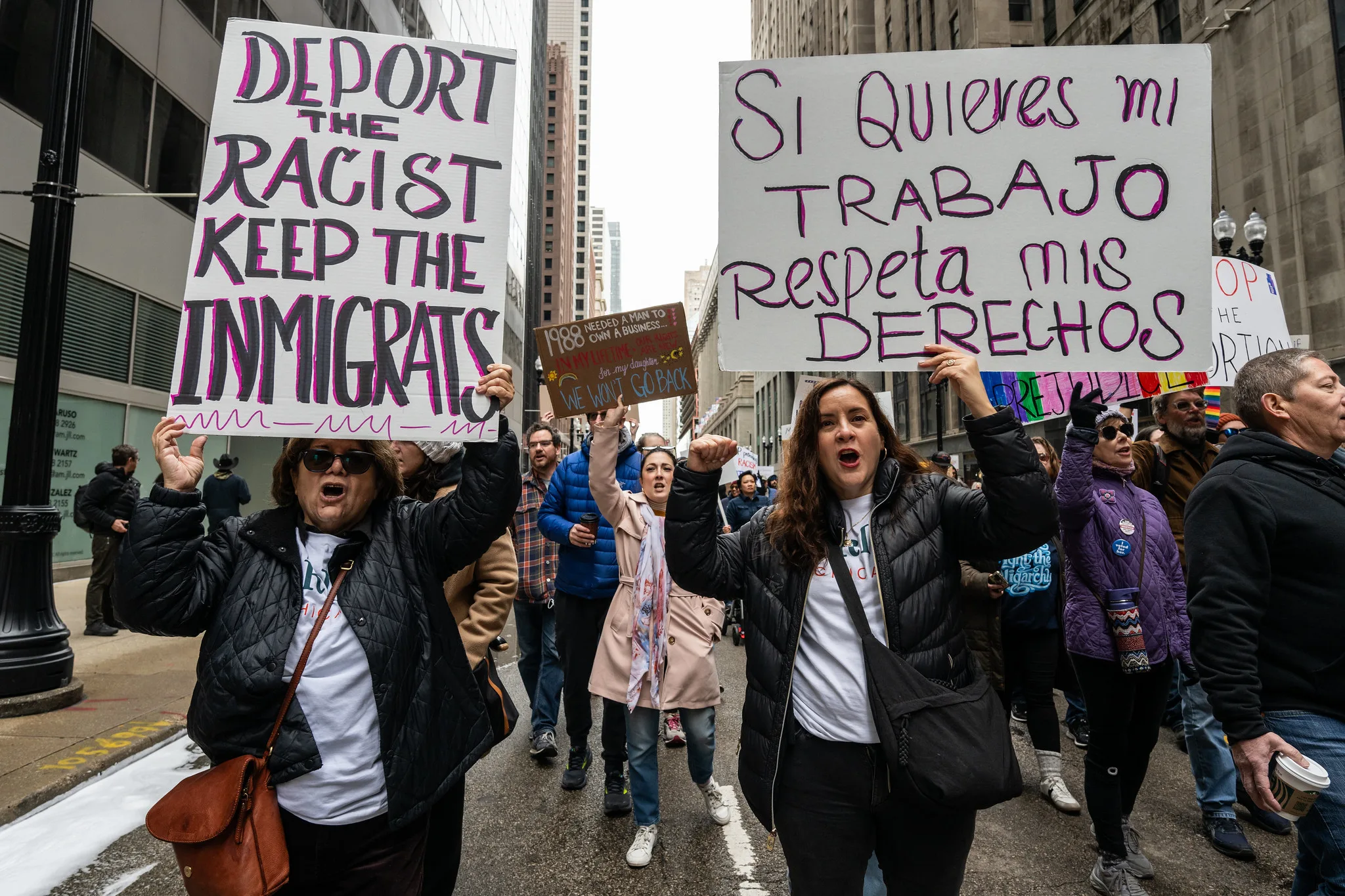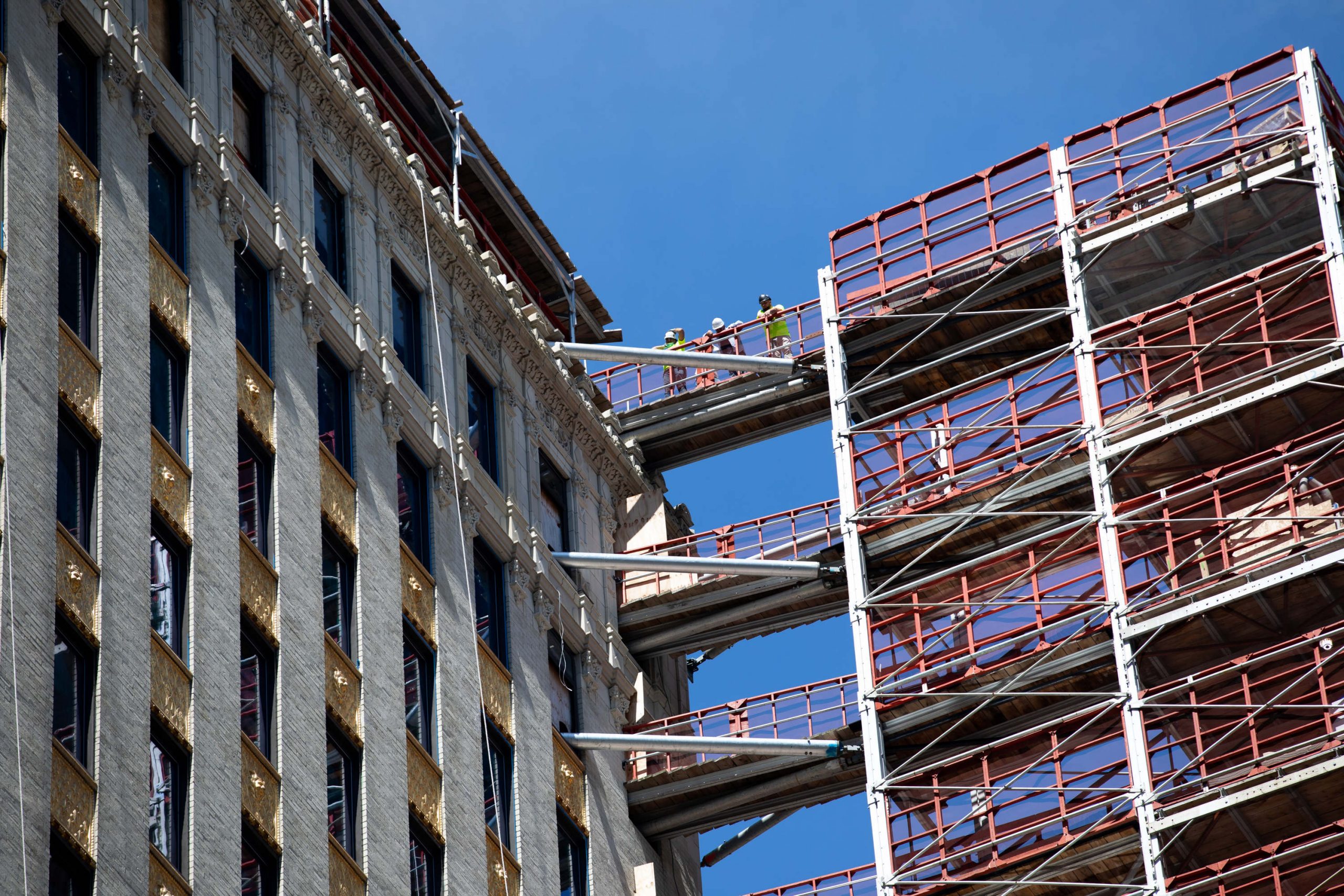On a cold afternoon in late January, a few dozen people gathered in the offices of several Fujianese community organizations on East Broadway in Manhattan. These offices, some storefronts and others nested in dilapidated buildings, were decorated as if it was the Lunar New Year holiday– greetings in calligraphy hung on the walls, festival snacks like peanuts and sunflower seeds were spread out on tables. The excitement on the faces of the people milling around was visible even behind their masks.
While the holiday was still two weeks away, to many people in the area, the visit of three city council candidates that day offered an early reason to celebrate. They are the first immigrants from Fujian, a coastal province in southeastern China that was once the epicenter of human smuggling, to run for public office in the history of New York.
Yu Lin, 29, from district 38 in Sunset Park, Yi Chen, 32, from district 25 in Elmhurst and Hailing Chen, 28, from district 20 in Flushing are relatively new to politics. But they have reaped some coveted endorsements–Lin from Assembly members Mathylde Frontus, William Colton, Councilmember Peter Koo and former Assembly member Jimmy Meng, Yi from Assembly members Felix Ortiz, Jeffrion Aubry, and Council member Peter Koo, and Hailing from the United Auto Workers and the International Association of Machinists and Aerospace Workers unions. Each of their districts have 35% or more Asian residents which may prove helpful for their election.
But by entering the political arena, the three millennials are seen as a vindication of the dangers and discomfort that older generations of members of New York’s Fujianese community faced when they embarked on treacherous journeys to the United States. For many people, they are a turning point for a community that for decades had toiled for low pay in Chinese restaurants and other menial jobs in New York and elsewhere, but is now seeing its offspring and their children with much broader and better prospects.
“We have been waiting for this day for our whole lives,” said Siqi Zheng, the head of Fukien American Association, a major Fujianese community organization.
Many thousands of people from Fujian migrated to the U.S. from the late 1980s to the early 2000s. A series of changes in U.S. immigration policies in the late 20th century, from the amnesty President Ronald Reagan authorized in 1987 to President George H. W. Bush’s executive order in 1990 that designated China’s one-child policy as grounds to apply for political asylum drove the migration. They came in, often illegally, on boats, planes and by foot. The waves of smuggled migrants only started to drop off when China’s economic boom began to create a much more prosperous society there.
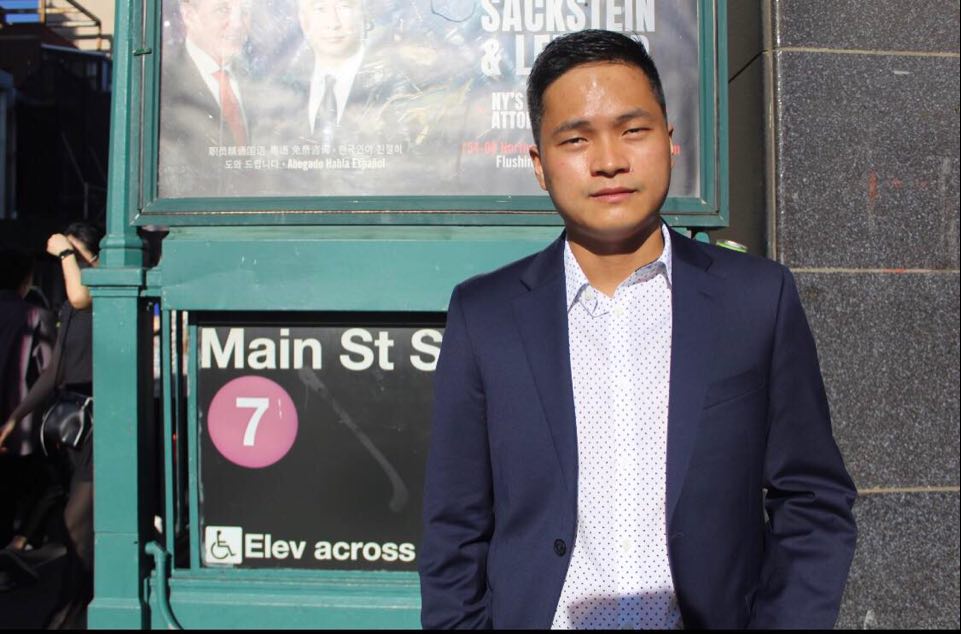
Much of the American public only realized what was going on in 1993, when a ship named Golden Venture ran aground on the Rockaway peninsula in Queens, and ten of the 286 Chinese immigrants hidden in the cargo hold drowned and the rest were arrested. Many in Chinatown had known for some time that ships like that were coming to shore and providing hundreds of Chinese laborers for jobs in restaurants and other local businesses every week.
Also read: Pearl River Mart Was Never Just a Store. It Was Always a Movement
The life stories of tens of thousands of families from Fujian were molded into one through migration to New York.
The fathers of Lin, Yi, and Hailing all left home for the U.S. when their children were small, worked in restaurants and saved every penny to send back home. While the City Council candidates all had financially comfortable childhoods by the standards of their villages, they also wondered why their fathers had to leave them. Only when they were older and finally came to the U.S. to join their fathers, did they realize how much the men had sacrificed for their families.
Lin, who now runs two adult day care centers, came to the U.S. when he was eight, later learned his father had to fight against robbers in Chinatown. Hailing, who came when he was 13, learned that his father had been robbed at gunpoint when he was a delivery man.
For Yi, the understanding began almost immediately.
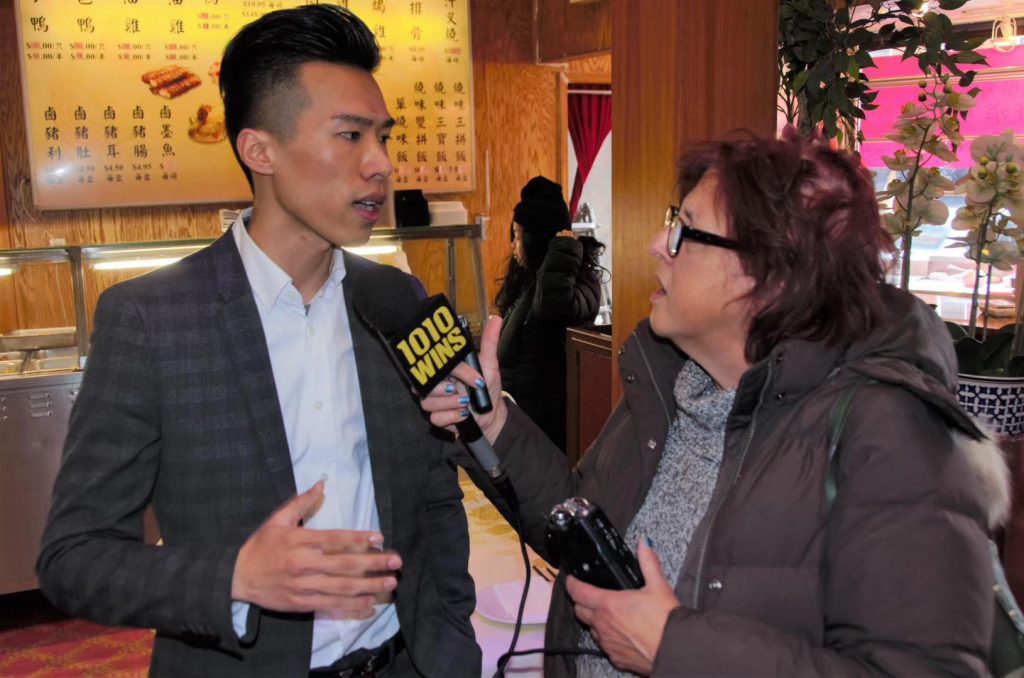
“In my imagination, all families in the U.S. lived in big houses, and my father would be dressing in brilliant suits,” Yi said. Instead, when he came to the U.S. to join his father in 2002 as a 13-year-old boy, he landed in a 450 square foot apartment in Elmhurst, Queens that he had to share with his parents, a brother, a cousin, and later, his grandparents. His father didn’t wear a suit and he looked ragged. He went to work in a restaurant at 9 a.m. and came back home at midnight everyday. When Yi asked why the U.S, was so different from how he had imagined it, his father took him to the place he first lived on Delancey Street on the Lower East Side –a 400 square foot apartment he had shared with 10 other day laborers for ten years. “At that moment, the grudge I held against my father for leaving us behind dissolved,” Yi said.
Also read: Essential Subway Workers Allege Underpayment and Dangerous Conditions
As new immigrants themselves, the three candidates have had their own share of hardships. Lin remembers bullies in high school pouring some unknown liquid on his back while other students laughed. But what made him more upset was the inexplicit bias. For example, when he was in primary school, a teacher asked where he was from. When he said China, the teacher asked whether he meant Taiwan or Hong Kong, which were both much more affluent than mainland China then. “I felt humiliated. I am from mainland China, and Fujian, China. So what?” said Lin.
More recently he was upset when Yong Zheng, a fellow immigrant of the Fujianese community, was killed when he tried to help the victims of a robbery at an illegal gambling den in Brooklyn, and the mainstream media mistakenly said he was also participating in betting in their initial coverage. “Yes, there may be some illegal gambling dens in the Chinese community, but you cannot assume all Chinese are gamblers,” said Lin.
As an Uber driver, Hailing once had to listen to two white passengers bad mouth China with one another, “as if I was transparent,” he said. He also saw many Chinese Uber drivers punished by the company after unreasonable complaints from passengers, and they didn’t know how to defend themselves. He joined the Independent Drivers Guild in 2017 as an organizing coordinator to help Chinese drivers.
Yi also witnessed his Chinese friends beaten up for no reason in high school, and he was often pushed to the end of the line by bullies when students queued up to get lunch, he said.
Having witnessed many Chinese immigrants becoming targets of criminals and not knowing how to seek help, Yi signed up as a volunteer at the 110th police precinct in Elmhurst and at the Queens District Attorney’s office to help translate for and advise Chinese immigrants. “I believe only when we have our representatives in all public agencies, could Chinese immigrants have their voices heard,” said Yi, who runs a business selling medical supplies.
These kinds of experiences have prompted the three to run for public office and also shaped their political views. For example, they all support keeping the entrance test for New York’s specialized high schools, oppose defunding the police, and vow to fight back against anti-Asian hate crimes.
To John Chan, president of the activist group Asian American Community Empowerment, it’s not a surprise that young people with roots in Fujian and members of the local Fujianese community have started running for public office at this time. “The older generation came here with hefty smuggling fees to pay back. They don’t speak much English. They had to work hard to make a living and had no time to think more than making ends meet,” said Chan, a Fujianese immigrant himself. “The younger generation were educated in the U.S., speak the language and understand the system.”
Back at East Broadway, at one of the organizations the three visited on that day, the candidates were told to make themselves at home. They did that by introducing themselves by the name of the villages where they were born. Each one received loud cheers from people from the same home village.
“I haven’t been as happy as this for a long time,” said Xulong Lu, a 71-year-old man who has retired after toiling in restaurants for almost 30 years. It was not a fundraising event, but Lu insisted on donating $50 to each of the candidates. “We took big risks to come here so our children could have more opportunities. But I’ve never dreamed that I would be alive to see our second generation running for public office.”
